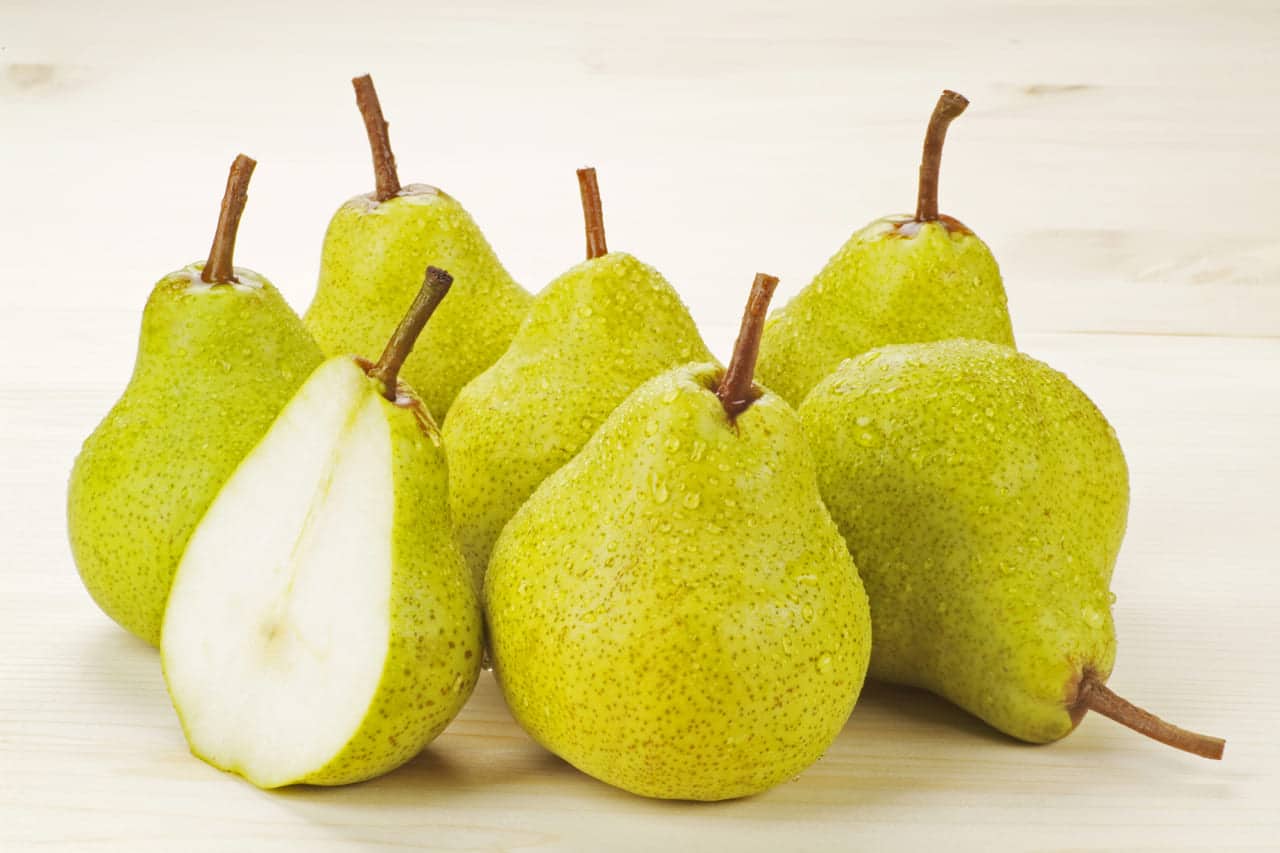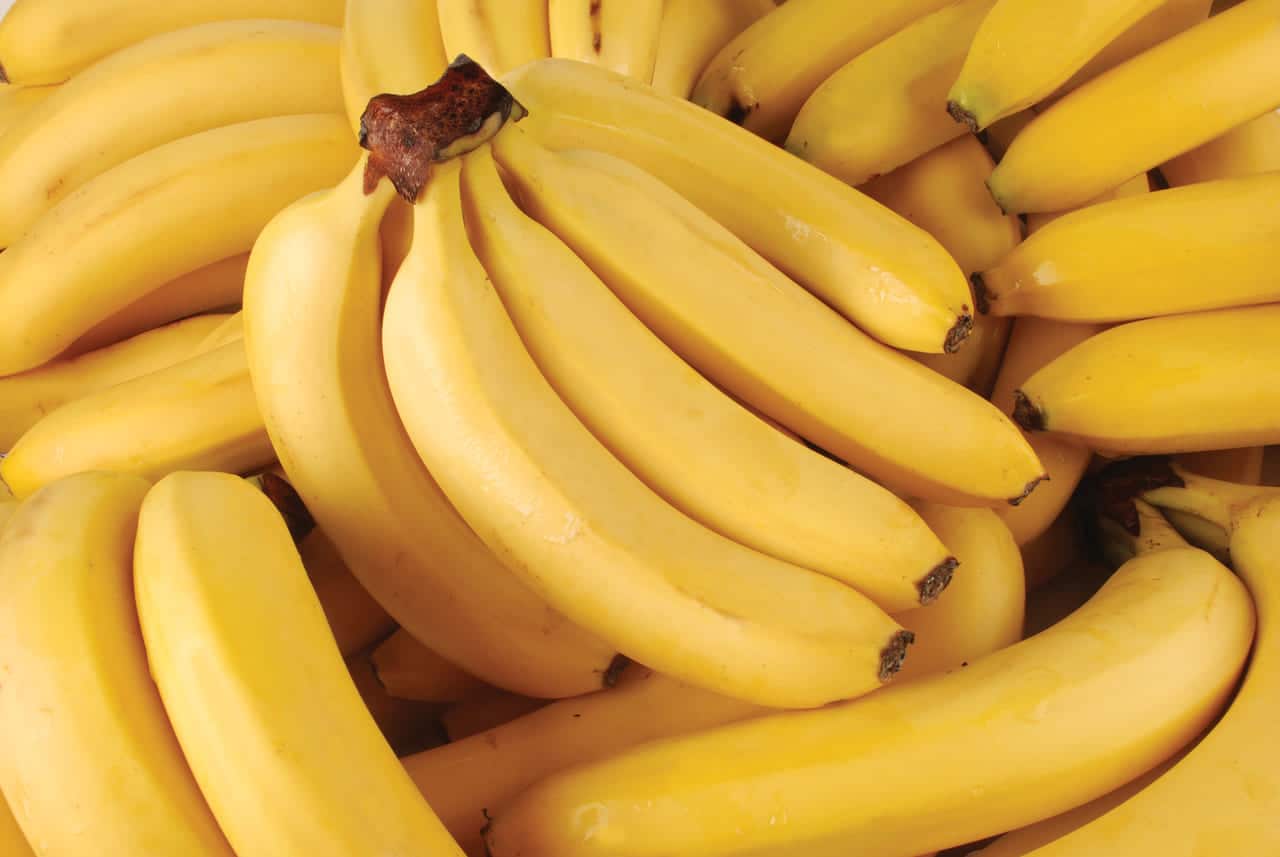Spanish riddles are one of the best ways to test out your language skills. They are a mental exercise where you need to understand the vocabulary, think in the language, and also be able to answer it in Spanish.
Typically, a riddle includes a question that makes your brain think differently than it usually would, so for people learning Spanish, it’s one of the best ways to start getting your mind thinking in Spanish. So, let’s get started:
How many of these Spanish riddles can you figure out?
How to solve a Spanish riddle
In Spanish, exciting and funny riddles usually have some sort of rhyme and often include some kind of double meaning. So they’re usually quite fun, and often the riddles can double as jokes.
For example, typically, the verbs used in a Spanish riddle have more than one meaning, and they can be challenging to translate.
- ¿Qué hace un pez? Nada. – What does a fish do? Swim/Nothing
That is one of the classic Spanish jokes since “nada” can mean “swim” from the verb “Nadar”, but it also means “nothing.” So in this context, it’s an excellent play on words.
So here is your first clue to solving Spanish riddles – pay close attention to the verbs to understand better. Let’s try it. First, you’ll have a list of ten riddles. You’ll find the Spanish riddles with answers at the end; this way, you can test out your Spanish critical thinking skills without accidentally seeing the answer.
7 New Spanish Riddles For You
| Spanish | Hints / Tip |
| Una cajita redonda, blanca como el azar, todos la saben abrir, nadie la sabe cerrar. | What is a “box” you can open but not close? |
| Blanca por dentro,verde por fuera. Si no sabes, espera. | Read it out loud many times |
| Oro parece, plata no es. El que no lo adivine, ¡qué lento es! | Read it out loud many times |
| Guardada estoy en una estrecha cárcel rodeada de soldados de marfil y como una roja culebra me enrollo hasta que llegue mi fin. ¿Qué es? | Try imagining the picture |
| Nieto de su bisabuelo, padre de tus hermanos, de tus primos es el tío y de tus tíos, hermano. ¿Quién soy? | Draw a family tree |
| Una letra alta y delgada es. La luna y el sol la llevan, pero en el aire no la ves. ¿Qué es? | Read the words “Luna” and “Sol”, What letes do they have in common that “Aire” don’t |
| Bonita flor que gira buscando el sol. ¿Qué es? | A “Flor” that “Gira” Looking for the “Sol” |
| Vuelo de noche, duermo en el día y nunca verás plumas en ala mía. | It’s an animal! |
Spanish riddles with answers
1. Una cajita redonda, blanca como el azar, todos la saben abrir, nadie la sabe cerrar.
If you understand all the descriptions, this one isn’t too hard to figure out. It reads: “A little round box, white like luck, everyone knows how to open up, no one knows how to close it.”
To solve riddles in Spanish like this, you have to focus mostly on the descriptions. What kind of object is white and round that you can open but not close?
The answer should be too hard to guess: El huevo.
An egg is small, white, and round. You can open it (crack it open), but you definitely can’t close it again. If it was difficult, then get your brain ready for the next interesting riddle.

2. Blanca por dentro,verde por fuera. Si no sabes, espera.
The way to solve the following two Spanish riddles is by saying them out loud. Pronounce them very slowly.
Sometimes, this type of mental exercise might be easier for Spanish learners than for native speakers.
To translate it for you: “White on the inside, green on the outside. If you don’t know, wait.”
Still don’t have a clue?
The key to this one is in the last word: espera – es pera. La pera.
Pears are green on the outside and white on the inside, and if you say “espera” slowly, you’ll hear the answer. This is one of the most common Mexican riddles to help you learn Spanish. So get ready for the next Spanish brain teaser, and you can solve the next one the same way.
Mexico has one of the most colorful and distinctive Spanish jargon in the Hispanic world. Check out our ultimate guide to Mexican Slang Words. You’ll have fun learning them.
3. Oro parece, plata no es. El que no lo adivine, ¡qué lento es!
Sometimes there’s an alternate version of this riddle, and sometimes in books on Mexican puzzles, you’ll also see: “…el que no lo advine, ¡bien tonto es!”
This tells you that the first part is the essential section if you want to solve exciting riddles like this one.
“It seems like gold; it’s not silver. Whoever can’t guess it is really slow/dumb”.
To get a better insight on this one, try saying the words out loud again. “Oro parece, plata no es” – Oro parece, plátano es.
The answer is El plátano, a plantain.
Maybe this riddle was more challenging compared to the other riddles. But that just means it would be good practice to work on your Spanish intonation!

4. Guardada estoy en una estrecha cárcel rodeada de soldados de marfil y como una roja culebra me enrollo hasta que llegue mi fin. ¿Qué es?
It’s probably the most difficult, so let’s get the translation:
“I’m kept in a narrow jail, surrounded by ivory soldiers, and I’m like a red serpent. I roll myself up until I reach my end. What is it?”
This one is popular in many different Spanish-speaking countries, but again, you’ll find it in many children’s books of Mexican riddles. Just like the egg example, you have to think about the description and let your brain do the work.
The answer: La lengua, your tongue.
Your tongue is surrounded by “ivory soldiers” and rolls up like a red serpent. Even if this one was too hard, it’s still a great way to work on your language skills and learn some new vocabulary.
5. Nieto de su bisabuelo, padre de tus hermanos, de tus primos es el tío y de tus tíos, hermano. ¿Quién soy?
Can you think of another riddle that would be better for practicing all of the words for family members? To find the answer to tricky brain teasers like this, you might need to draw a family tree.
“Grandson of their great-grandfather, father of your brothers. For your cousins, they’re their uncles, and for your uncles, their brothers. Who am I?”
This is one of those funny Mexican riddles that sounds complicated, but in reality, it’s much easier than you think. In fact, for native speakers, it can be confusing as well, just because of how long it is.
The answer: El padre.
It’s your father. Who else could be the father of your brothers?

6. Bonita flor que gira buscando el sol. ¿Qué es?
Got a knack for Spanish? Then this riddle was a breeze for you!
The answer is ”Girasol,” which translates to ”sunflower” in English. The riddle describes a ”beautiful flower that turns seeking the sun,” perfectly capturing the essence of sunflowers. These bright blooms are known for their sun-chasing habits, always turning their heads to follow the sun’s path across the sky.
So, if you were already familiar with the name ”Girasol,” you should have nailed this one with ease! It’s a fun and clever way to test your Spanish knowledge and connect with the natural world. Keep shining bright and chasing those answers, just like a Girasol!
7. Vuelo de noche, duermo en el día y nunca verás plumas en ala mía.
You’re on a roll with these riddles! The answer to this one is “Murciélago,” which means “bat” in English. Let’s break it down: “Vuelo de noche, duermo en el día” – that’s classic bat behavior, right? These fascinating creatures are nocturnal, meaning they’re active at night and catch some Z’s during the day.
And the part about “nunca verás plumas en ala mía”? That’s a clever hint pointing out that, unlike birds, bats don’t have feathers on their wings. Instead, their wings are made of a thin, skin-like membrane.
So, if you connected the dots and thought of a “Murciélago,” give yourself a pat on the back – you’re becoming a Spanish riddle master! Keep up the great work and who knows what riddle you’ll solve next!
So here is your first clue to solving Spanish riddles – pay close attention to the verbs to understand better. Let’s try it. First, you’ll have a list of quick riddles.
Quick and Easy Spanish Riddles to Tell Your Friends
Want to impress your friends with some easy riddles in Spanish? Here they are!
- No lo parezco y soy pez, y mi forma la refleja una pieza de ajedrez.
- Soy pequeña y de madera y si me rozan me enciendo, ¿qué soy?
- Tengo hipo al decir mi nombre, ¿quién soy?
- Cabeza de hierro, cuerpo de madera. Si te piso un dedo, ¡menudo grito pegas! ¿Qué soy?
- Todos me usan para descansar. ¡Si ya te lo he dicho, no pienses más!
- ¿Qué cosa tiene boca pero no habla, tiene alas pero no vuela, tiene pico pero no pica?
- ¿Qué cosa tiene nombre de flor y se mueve con el viento?
- Desde el lunes hasta el viernes, soy la última en llegar, el sábado soy la primera y el domingo a descansar.
Answers:
Here are the answers to the riddles above:
- El caballito de mar (Seahorse)
- La cerilla o fósforo (Match)
- El hipopótamo (Hippopotamus)
- El martillo (Hammer)
- La silla (Chair)
- El río (River)
- El girasol (Sunflower)
- La letra “S” (The letter “S”)
Are you able to explain the answers to your classmates?
Use what you learned
Was any of these exercises mind-blowing for you? Most of these Spanish riddles also work as a joke since the answers always seem so obvious after someone tells them to you. But if you couldn’t figure out the puzzles through your own experience and needed to look up the answer, don’t worry about it.
There were a lot of Spanish words you probably didn’t know, but now you do! Trying to figure out riddles in Spanish is a great way to exercise and improve your language skills, learn some vocabulary, and get used to thinking in Spanish.
Now that you have learned them, you can test your Spanish-speaking friends with some funny Mexican riddles to see how many they know. As always, go ahead and sign up for a free private class or a 7-day free trial of our group classes so you can practice what you learned and impress your teacher with some Spanish jokes.
Want to learn Spanish, fast?
Download our e-book, Easy Spanish Shortcuts, and learn your first 1,000 Spanish words in under a day!




